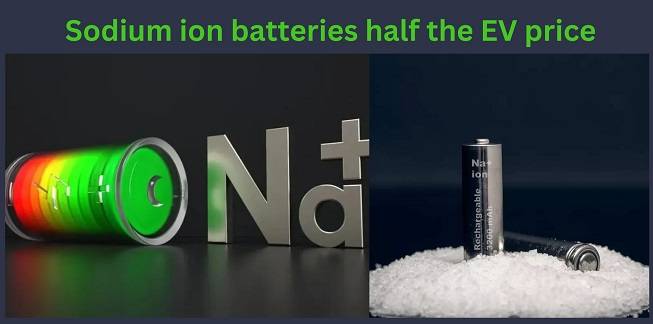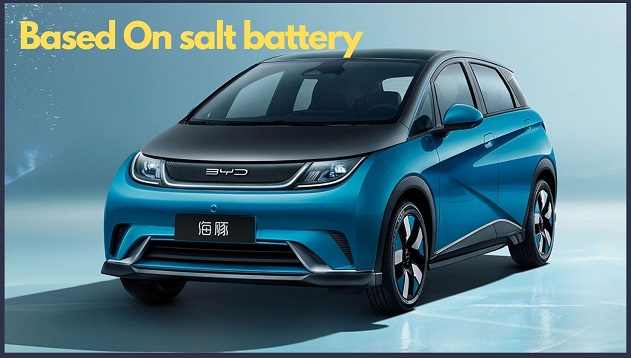The industry begins to sodium ion batteries, which could cost half that of LFP
After years of focus on lithium-based chemistries, the battery industry is beginning to show an interest in sodium, a much more abundant and affordable material. Chinese (BYD, CATL, Farasis, HiNa), American (Natron), French (Tiamat), British (AMTE Power, Faradion), and Swedish (Altris) companies are already working on a technology that promises to revolutionize the sector.

Although sodium batteries today are more expensive than lithium due to their low production volume and undeveloped supply chains, BloombergNEF experts estimate they could cost half as much in the future. LFP (lithium-fluorophosphate), which in recent years has become popular precisely because it is much cheaper than NCM (nickel, cobalt, manganese).
At the moment, the energy density offered by sodium batteries is lower than lithium batteries. HiNa’s cells, which recently debuted in a prototype based on the Chinese Sehol E10X hipster, offer 140 Wh/kg, down from 120 Wh/kg at the pack level. That is 25% less than current LFP batteries.
On the contrary, they enjoy several advantages of great interest, since they admit higher charge/discharge rates, have better performance at low temperatures (it is estimated that at -20 ºC they retain 90% of their capacity), and are not flammable, which should translate into higher safety rates. we would have to add that sodium has a more diverse geographical distribution and it is easier to extract and recycle.
Europe could be one of the great beneficiaries of sodium batteries

On the other hand, sodium batteries can benefit from the same manufacturing processes as lithium batteries since they use similar materials and components. Its production will therefore be able to scale up quickly, helping to reduce pressure on the lithium supply chain.
Although electric cars with sodium batteries are still a few years away from being manufactured in significant volume, it is expected that the first models of this type will reach the Chinese market in 2023 (BYD Seagull, JMEV EV3, Sehol E10X), opening a ban that other manufacturers will surely follow in the short term.
The development of sodium batteries could be highly beneficial for the European industry, which is currently heavily dependent on African and South American raw materials and Chinese supply chains.
Related Post
